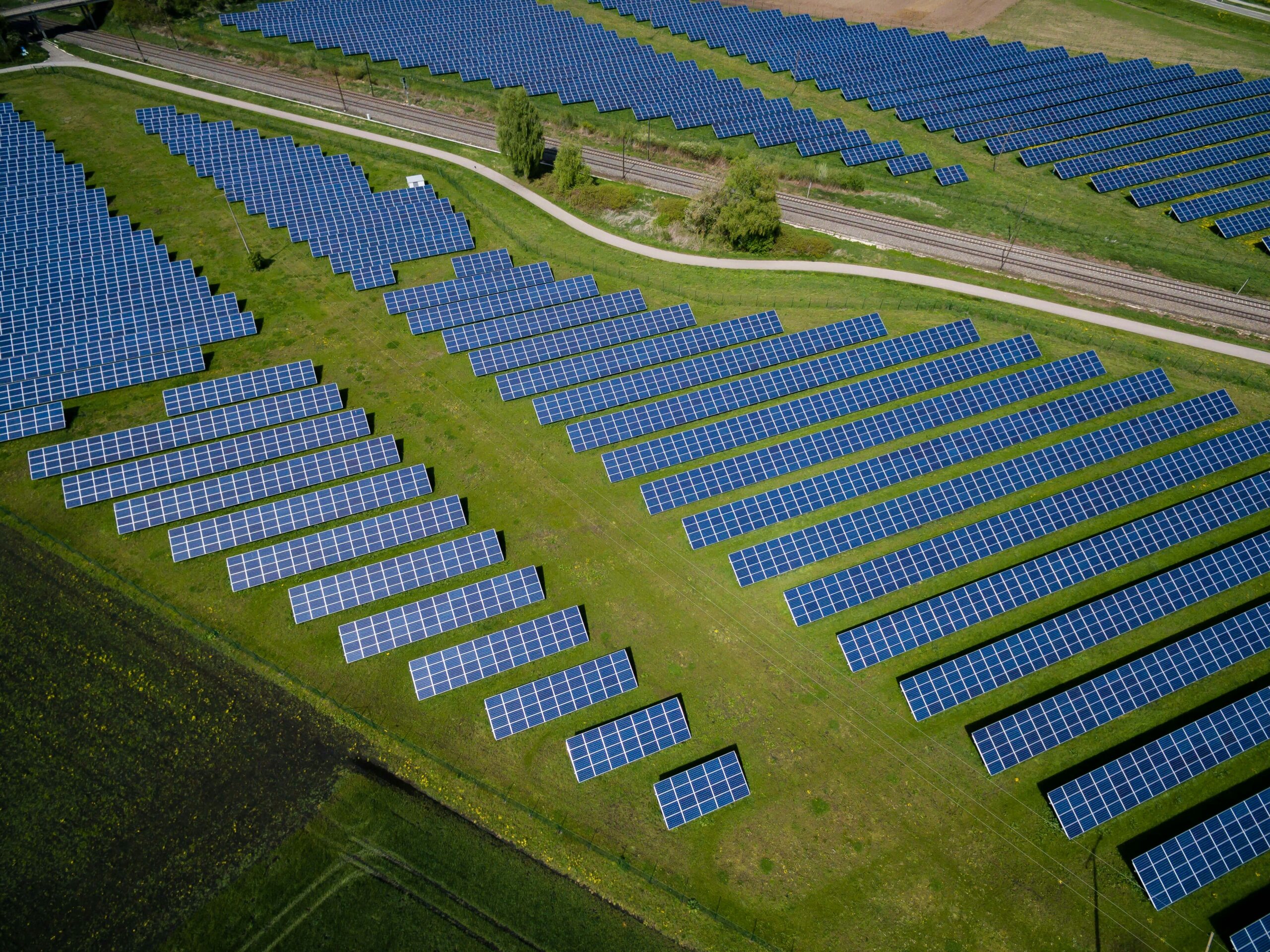This week, widespread power outages in Spain, Portugal, and parts of France reignited the debate over the reliability of green energy policies in Western Europe. On Chicago’s Morning Answer, Dan Proft and Amy Jacobson welcomed energy analyst Mark Mills, founder of the National Center for Energy Analytics, to examine what went wrong—and what it means for energy policy in Europe and the United States.
According to Mills, the blackout was a predictable result of long-standing policy decisions that favored rapid expansion of wind and solar energy at the expense of grid stability. “This was predicted by utility operators in Spain,” Mills said, noting that they had previously warned financial regulators about the growing fragility of the system.
While some news outlets, such as Reuters, were quick to dismiss the role of renewables in the blackout, Mills emphasized that it wasn’t the presence of wind and solar alone, but the lack of supporting infrastructure—namely synchronous, dispatchable generation—that left the grid vulnerable. “It’s like trying to walk with a tray full of water,” Mills explained. “You can do it, but it’s a delicate balance, and when something goes wrong, you spill everything.”
Spain’s reliance on solar energy, which peaked at near-record levels during the blackout, was not balanced by sufficient conventional generation. The system was operating with only 30% of turbine-based generation, resulting in what engineers call low inertia—insufficient buffer against sudden demand changes or generation losses.
Mills noted that this was not the first such failure, citing similar incidents in South Australia and pointing to warnings from the North American Electric Reliability Corporation about growing risks in the U.S. “We’re on the same track in several American states,” Mills warned. “We’re pursuing the same policies, mandating high levels of wind and solar without adequate backup or attention to grid dynamics.”
While batteries and smart grid technologies are often cited as solutions, Mills argued that these options are expensive and not yet scalable enough to replace lost conventional capacity. “There are solutions, but they take time and money,” he said. “And until those are in place, we risk repeating these kinds of failures.”
Asked about policy changes that could prevent future blackouts, Mills suggested that governments return to prioritizing grid reliability above political goals. “The grid should be reliable, scalable, and affordable,” Mills said. “But right now, all three are being undermined in service to the idol of decarbonization.”
One key policy shift Mills advocated for is requiring any new generation source—whether wind, solar, or otherwise—to meet dispatchability standards. In other words, power sources must be available when needed, not just when conditions are favorable. This, he argued, would force market-driven innovation while maintaining system integrity.
Mills also pushed back on the idea that government should pick energy winners and losers. Instead, he called for setting firm reliability standards and letting the market respond. “The right answer is to create a safety standard and let the engineers and innovators figure out how to meet it cost-effectively,” he said.
As Europe scrambles to assess the damage and implement short-term fixes, Mills predicted political blame will fall on utilities and private companies, despite clear government mandates that contributed to the grid’s fragility. He also expects more calls for the creation of a European version of America’s reliability oversight body.
Whether that happens remains to be seen, but Mills left listeners with a warning: “Sunlight is free. But making solar reliable is not. The longer we ignore the physics of electricity in favor of politics, the more costly and dangerous this gets.”





